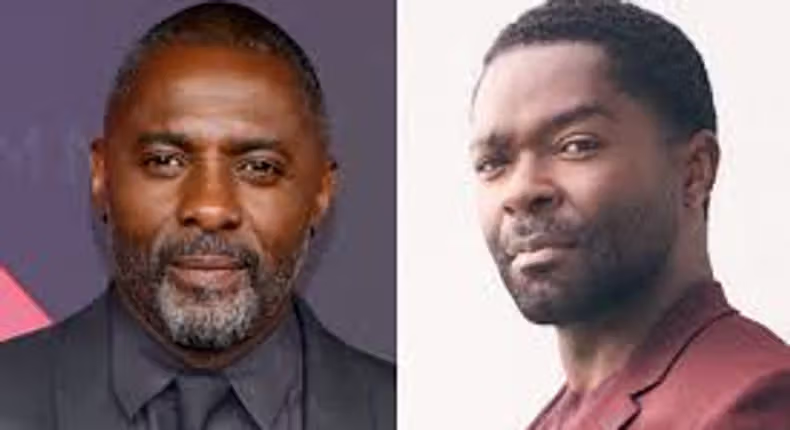Following the announcement of a TV series adaptation of Chinua Achebe’s Things Fall Apart, netizens have expressed concerns regarding Idris Elba playing the lead role of Okonkwo, emphasizing that a Nigerian actor should have been considered for the part.
In recent discussions, many highlighted the recurring issue of Western media using unoriginal African accents in their productions instead of casting African actors. Notable examples include Will Smith as Dr. Omalu in Concussion, Lashana Lynch in Woman King, and Michael B. Jordan in Black Panther.
Weeks ago, Elba revealed his involvement in the adaptation of Achebe’s acclaimed novel, in which he will portray Okonkwo. This announcement sparked a wave of criticism across social media, with many Nigerians voicing their apprehensions about the authenticity of the film. Critics argue that a foreign actor might not adequately capture the character’s cultural heritage and language.
Nollywood screenwriter Xavier Ighorodje took to Twitter to express his views, suggesting that Nigerian actors like Stan Nze or Uzor Arukwe would have been more suitable for the iconic role. He stated, “I know there’s a need to sell the product to a wider audience, but Idris Elba should not be Okonkwo in Things Fall Apart. Not when at the very least Chiwetel Ejiofor could easily play the role better as an Igbo man.” Although Ejiofor is also a British actor, he has Nigerian roots and is considered a more fitting choice due to his authentic African accent.
While the project is highly anticipated, many feel that the casting of a non-Nigerian actor for such a significant role diminishes the story’s authenticity and cultural representation. With Achebe’s work profoundly influencing the colonial narrative in Nigeria, critics argue that employing an indigenous actor would honor the source material and ensure a more genuine portrayal.
Elba’s ability to embody Okonkwo’s depth remains in question, especially compared to Pete Edochie’s iconic performance in the 1987 adaptation of the same story. Advocates for cultural authenticity stress that Nigerian actors have an innate understanding of the cultural context, which can lead to performances that resonate more deeply with audiences.

